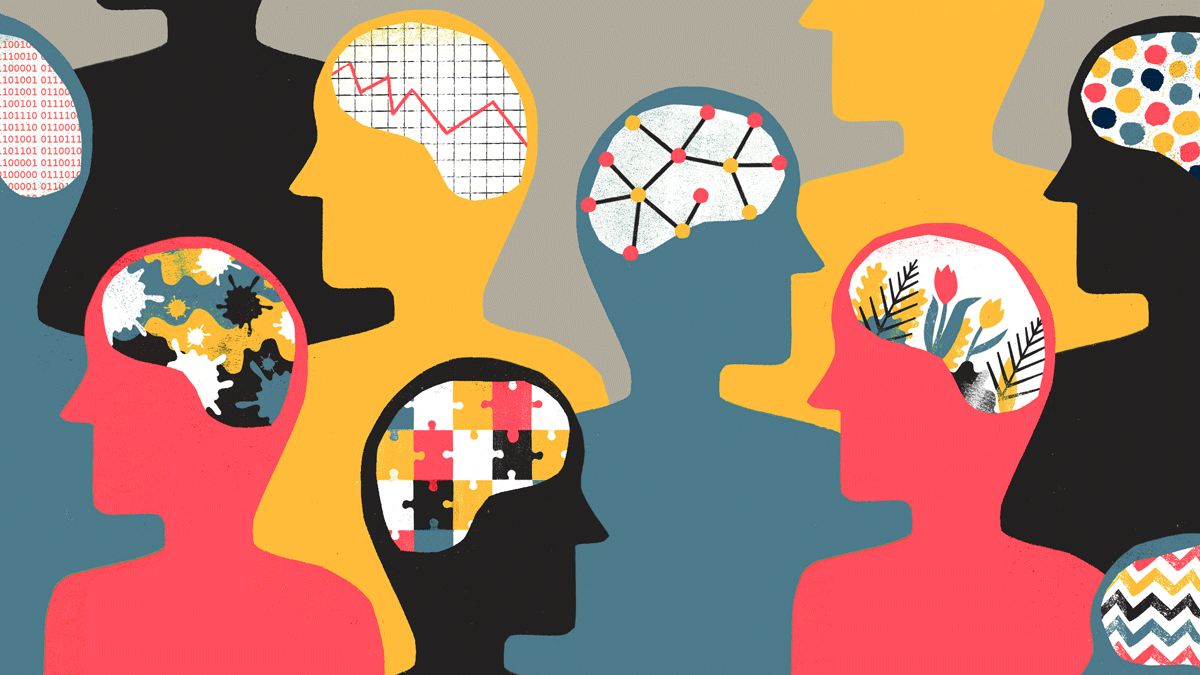How to Deal With Mental Health During a Pandemic
In early March, we started a new chapter in our lives. No matter our differences, the pandemic has affected us all. Mentally and physically, this virus has drained most everyone. It has brought out the best and even the worst in some. It is essential to understand how this pandemic has directly affected our mental health and how we can deal with these struggles.
Over these past several months, anxiety and depression symptoms alone were reportedly experienced by 31% of the population, which is about 9,610,000 US citizens (Howard et al.). The poll does not accommodate minors or, of course, adults who were not part of this poll.
Even if the pandemic has not directly affected you or your loved ones, the closures and time spent in our homes without an “escape” can take a significant toll on our mental health. An important thing to remember that none of us are alone during this time of need.
Here are some things that we can do for ourselves and as a Worcester Academy community to make sure that we are mentally healthy, going forward.
- Ensure that you get enough sleep, go to bed and wake up around the same time every day to make sure that your body develops healthy sleeping habits.
- Participate in physical activity; this could consist of going for a walk or run. Biking is a popular option and a good choice if it is safe to do so and your gym or local wellness center is not open. As we start to lose daylight and enter winter, it is vital to get outside and change scenery.
- Keeping a routine is also a meaningful way to steer clear of extra stress. Having activities planned out simultaneously every day can relieve the additional stress you might feel.
- Limiting your exposure to social media and the news is essential. Always hearing bad news about COVID-19 can heighten your fear and anxiety about the virus.
- Keeping in contact with family and friends. This may include video-chatting or socially distancing yourself and taking a walk. Reach out to people that you haven’t talked to in a while.
Personally, finding new things that I didn’t have time to do before has helped me a lot. Reading new books or learning something new are both ways to spend your time at home.
It is also important to remember that getting help or needing help is okay. Here are some ways that you can help others and yourself:
- Contact someone you trust in your community, whether at WA or some other community you are a part of, such as a faith community
- Speak with Ms. Griffith, Ms. Agrawal, or Mrs. Oikle about how to access mental health and counseling services on or off campus
- There are major organizations offering outreach, including the National Alliance on Mental Illness (NAMI) and the Substance Abuse and Mental Health Services Administration (SAMHSA) that can offer guidance.
- Speak with the adults in your life who care for you, and with your friends.
Overall it is essential to remember that you have the right resources to retrieve help. It is a time where there are lots of people who are struggling, and you are not alone. Just reaching out to a teacher, peer, or friend can help relieve some of the emotions you might feel.
Works Cited
Howard, Mark E. “Mental Health, Substance Use, and Suicidal Ideation During the COVID-19 Pandemic – United States, June 24–30, 2020.” Centers for Disease Control and Prevention, Centers for Disease Control and Prevention, 13 Aug. 2020, www.cdc.gov/mmwr/volumes/69/wr/mm6932a1.htm.
Mayo Clinic Staff. “COVID-19: How to Manage Your Mental Health during the Crisis.” Mayo Clinic, Mayo Foundation for Medical Education and Research, 2 Apr. 2020, www.mayoclinic.org/diseases-conditions/coronavirus/in-depth/mental-health-covid-19/art-20482731.

